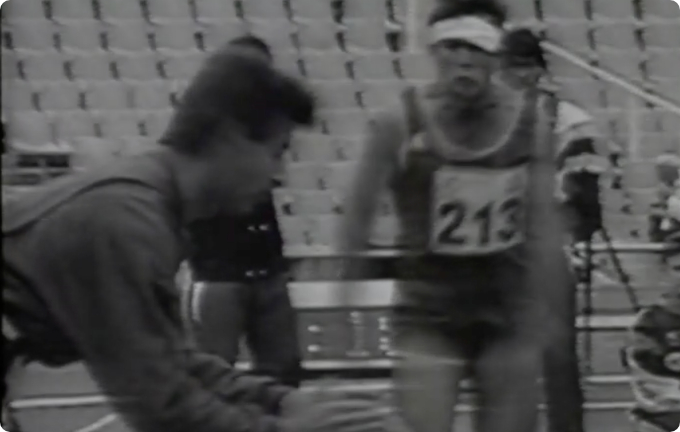History
History
The International Blind Sports Federation (IBSA) has been representing and developing athletes and sports for people with visual impairments for 40 years.
As a founding member of the International Paralympic Committee (IPC), IBSA plays a crucial role in growing both Paralympic sports and Para sport more widely. It has become the world’s leading organisation for the development of sport for people with visual impairments.
A growing blind sports movement
In the decades before IBSA was officially established in the 1980s there was a growing push towards promoting sports for people with impairments more generally.
This began in Great Britain in 1948 with the Stoke Mandeville Games for injured servicemen and women with physical impairments from the second world war, famously founded by the father of the Paralympic Movement, Sir Ludwig Guttmann. Four years later in 1952, the event transformed into the International Stoke Mandeville Games.
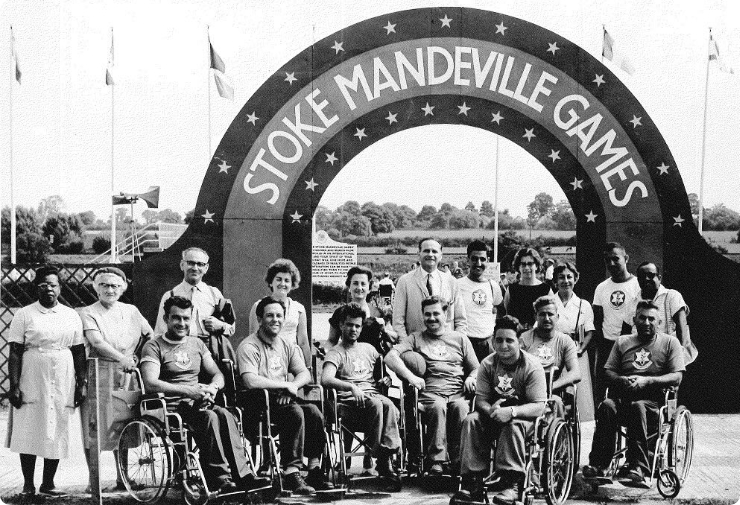
The Games would continue to grow in popularity and attract more countries and athletes as the years passed. The International Stoke Mandeville Games later became the Paralympic Games which first took place in Rome, Italy, in 1960 featuring 400 athletes from 23 countries.
In 1964, recognising that there were many more people with visual impairments, amputations, cerebral palsy and other disabilities who wanted to compete in sports, the International Sports Organisation for the Disabled (ISOD) was founded.
ISOD became a growing force and pushed hard for the inclusion of blind athletes into the Toronto 1976 Paralympics. Goalball became the first sport for people with visual impairments on the Paralympic programme.
Whilst ISOD aimed to embrace all impairments other organisations began to emerge…
The Games would continue to grow in popularity and attract more countries and athletes as the years passed. The International Stoke Mandeville Games later became the Paralympic Games which first took place in Rome, Italy, in 1960 featuring 400 athletes from 23 countries.
In 1964, recognising that there were many more people with visual impairments, amputations, cerebral palsy and other disabilities who wanted to compete in sports, the International Sports Organisation for the Disabled (ISOD) was founded.
ISOD became a growing force and pushed hard for the inclusion of blind athletes into the Toronto 1976 Paralympics. Goalball became the first sport for people with visual impairments on the Paralympic programme.
Whilst ISOD aimed to embrace all impairments other organisations began to emerge…
The early days of IBSA
Founded in 1981, IBSA’s first congress was held at the UNESCO headquarters in Paris, France, and was attended by 30 countries.
By now, momentum was building behind the Paralympic Games. IBSA was one of four organisations who in 1982 formed the International Co-coordinating Committee Sports for the Disabled in the World”, known as the ICC.
IBSA’s status as a legal entity was then formalised in 1985 with the adoption of its first constitution during the General Assembly held in Hurdal, Norway. Three years later, judo became the second visual impairment-specific sport to be included on the Paralympic programme in Seoul, South Korea.
Blind football (football-5-a-side) rounded-off the current trio of sports when it made its debut at Athens 2004.
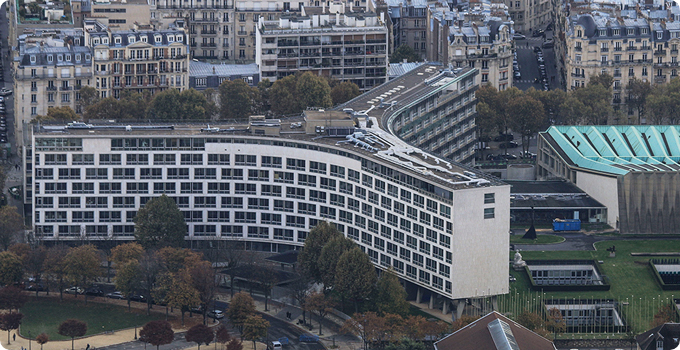
The ICC was originally composed of the four presidents of CPISRA (Cerebral Palsy International Sports and Recreation Association), IBSA, ISMGF (International Stoke Mandeville Games Federation) and ISOD, the general secretaries and one additional member.
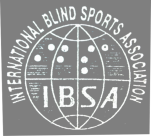


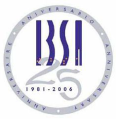 In 2006 IBSA celebrated its 25th anniversary. To mark the occasion, a specially-designed logo was created and used at several IBSA events during the year. A gala dinner in honour of IBSA Presidents was held in Madrid, Spain.
In 2006 IBSA celebrated its 25th anniversary. To mark the occasion, a specially-designed logo was created and used at several IBSA events during the year. A gala dinner in honour of IBSA Presidents was held in Madrid, Spain.
IBSA was registered at the Spanish National Sports Council (CSD) from March 1996 until the beginning of 2014, when the federation’s legal domicile was transferred to Bonn, Germany. IBSA’s current constitution and by-laws were also adopted following the move to Germany.
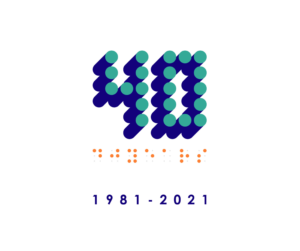 In 2021, IBSA celebrated its 40 year anniversary with a variety of activities that involved the membership, athletes, officials and sports from around the world.
In 2021, IBSA celebrated its 40 year anniversary with a variety of activities that involved the membership, athletes, officials and sports from around the world.
Jens Bromann of Denmark was IBSA’s first President, serving two terms from 1985-1993. Spain’s Enrique Sanz took over from 1993-2001 followed by compatriot Enrique Perrez for four years until 2005. Michael Barredo of the Philippines was another two-term President until 2013. Denmark’s Jannie Hammershoi, a former goalball player and Paralympian, was elected IBSA’s first female President in 2013 and served for two terms until 2021.
Sandro Di Girolamo, from Italy, was the next president, elected in the General Assembly that took place in Jordan in October 2021. In June 2023, another General Assembly took place, this time in Portugal, and Ilgar Rahimov, from Azerbaijan, was elected as the new president, until today.
IBSA today
Today IBSA is the world’s leading organisation for the development of sports for people with visual impairments. It has more than 100 members in every region of the world.
IBSA is the governing body for the Paralympic sports of goalball, judo and blind football and is responsible for their respective competition calendars, anti-doping, rules, governance and growth around the world.
In addition the organisation governs showdown, powerlifting, nine and tenpin bowling, chess and torball. Whilst these are either not on the Paralympic programme, or do not include athletes with visual impairments at the Paralympics, IBSA works to ensure athletes can compete in a wide variety of sports. It advocates for their inclusion at the Paralympics where they meet the requirements of the International Paralympic Committee.
IBSA is involved with sports that are on the Paralympic programme such as athletics, swimming and shooting. Here, the organisation has an advisory role but also ensures that these sports are represented at the IBSA World Games.
More information about the specific history of each of the sports can be found at their websites.
As well as its contributions to international sports, IBSA also plays an important role in classification.
The organisation has a large number of experts in visual classification who contribute to research and development of classification systems across many different sports.
Another key part of IBSA’s work around the world is the partnerships
it has formed.
These include the World Blind Union; UEFA for the development of blind football in Europe, the International Judo Federation, and ONCE, one of the world’s leading national advocacy groups for people with visual impairments.
IBSA remains a member of the International Paralympic Committee with full voting rights.
